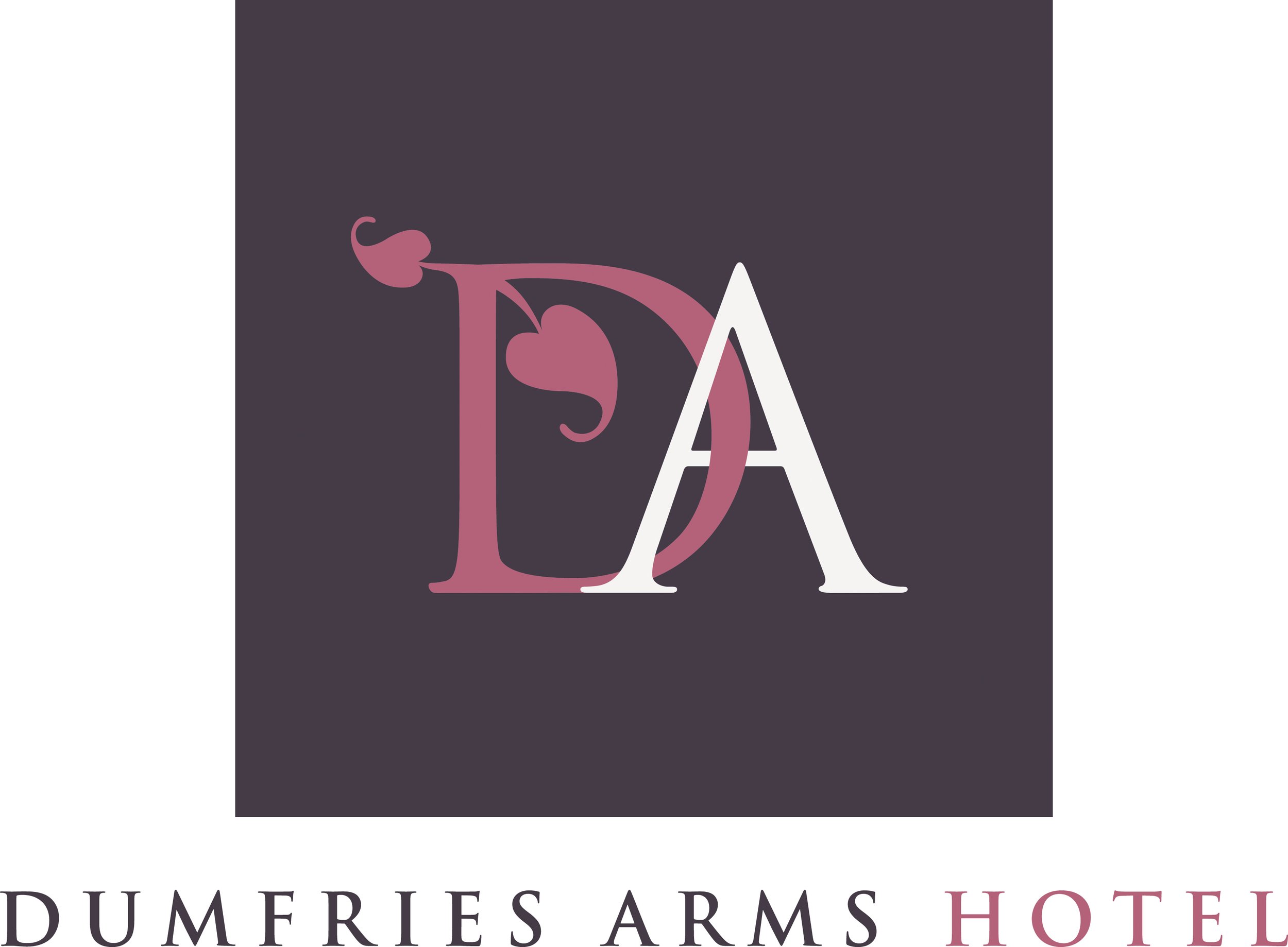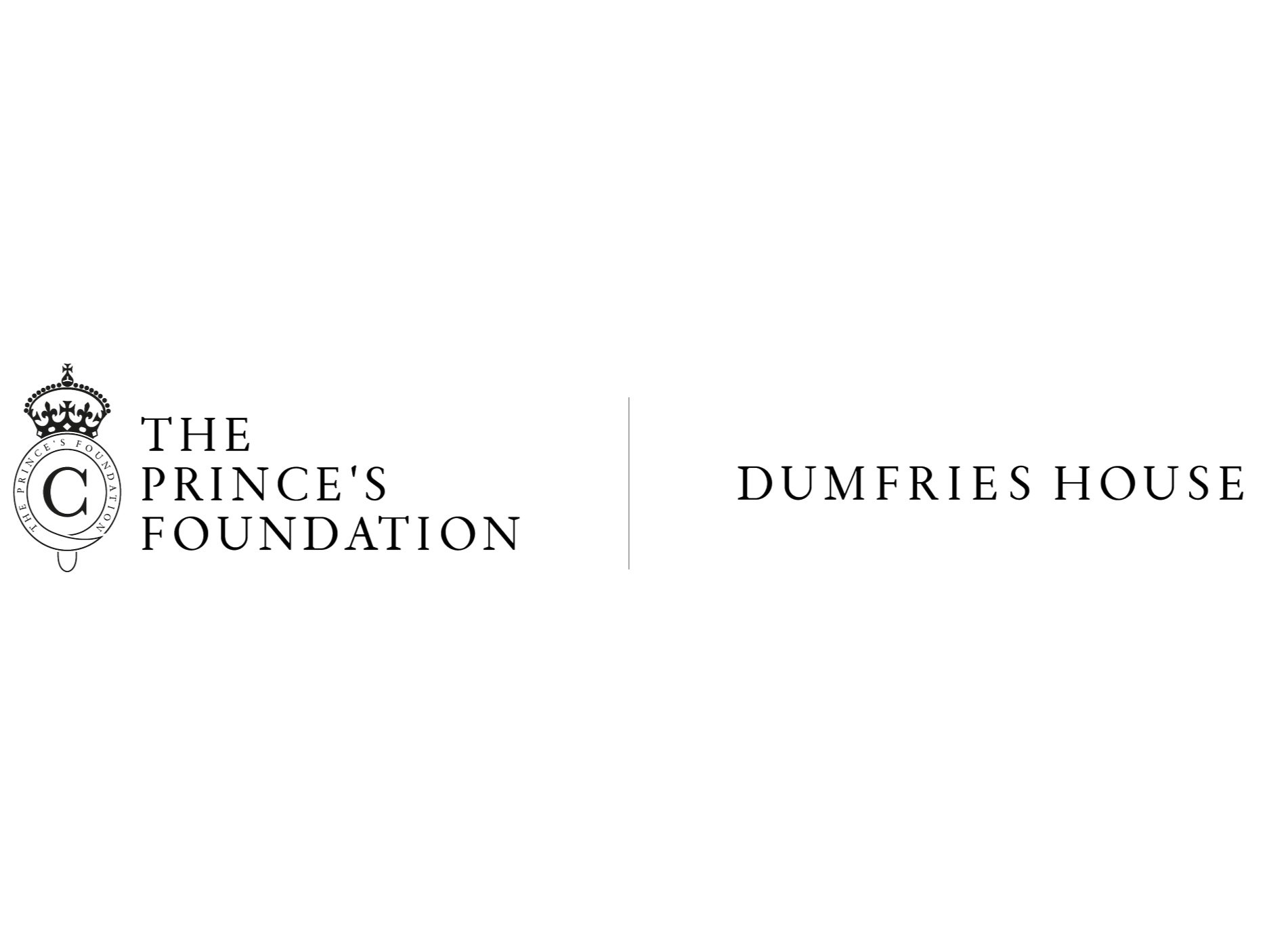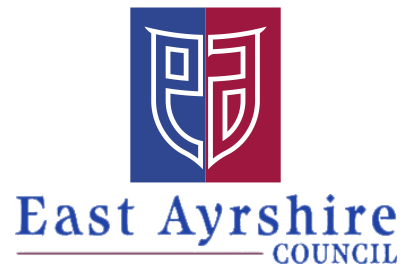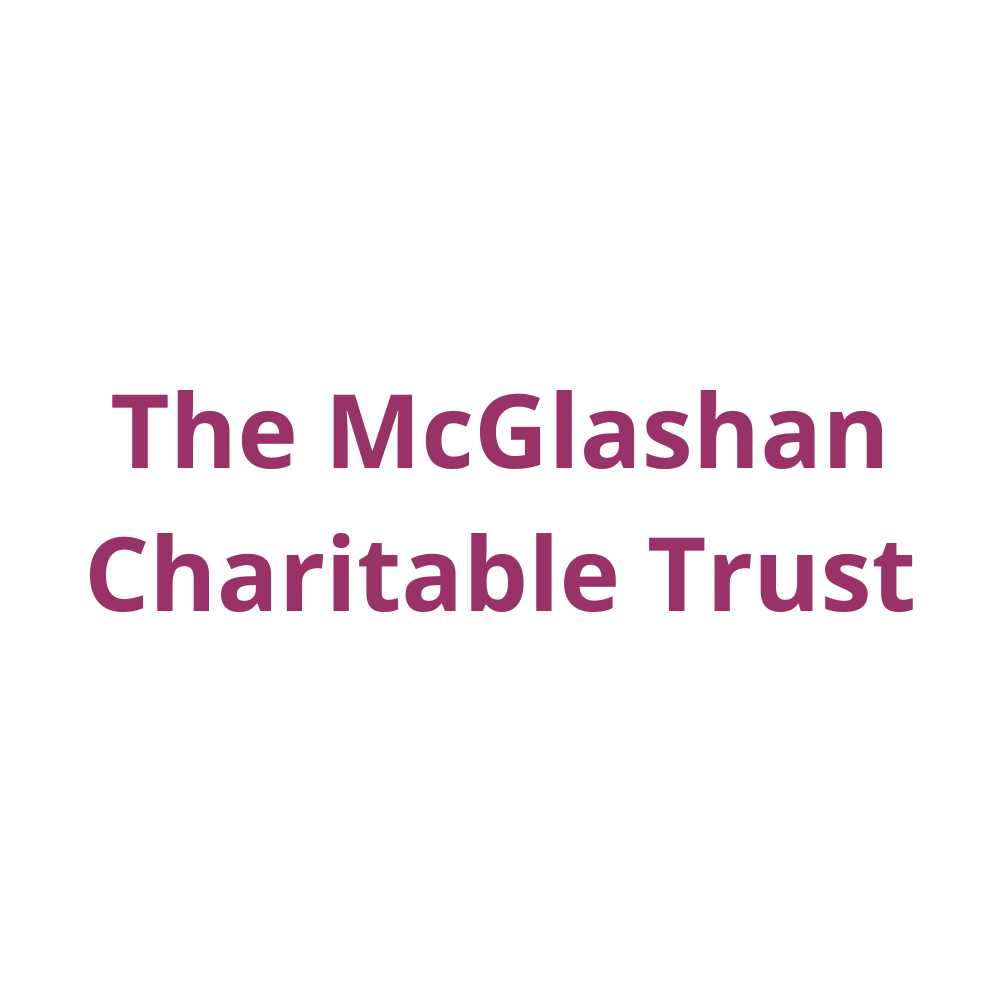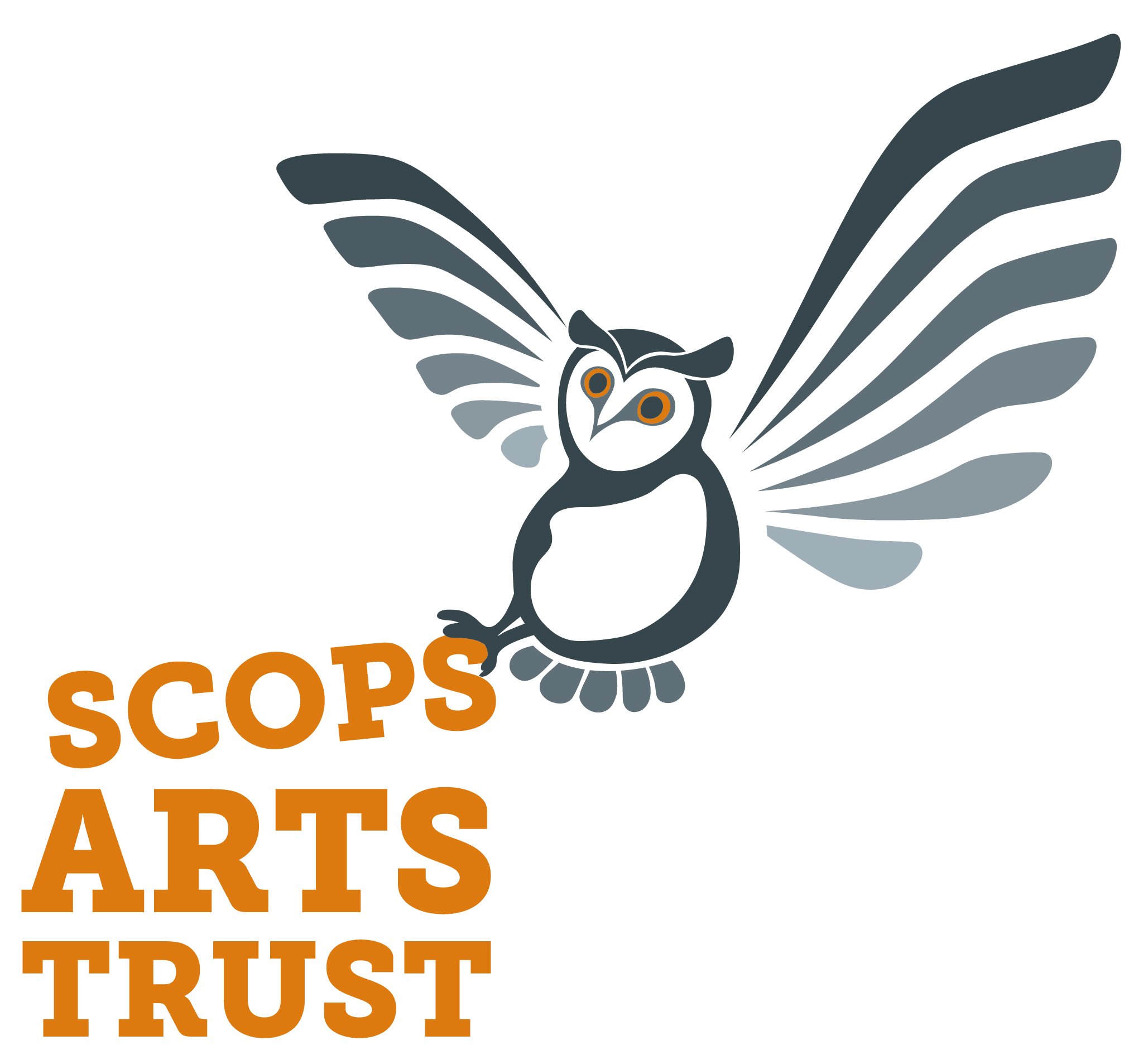Celebrating the Eric Liddell Centre
/Letter #2
Dear Friends,
The Eric Liddell Centre is a care charity and community hub committed to changing the perceptions of living with dementia, disabilities and mental health issues, and it is one of the jewels in the Scottish charity crown. Last year I was honoured and proud to be invited to take part in the celebratory event to mark their 40th Anniversary.
The CEO of the Eric Liddell Centre is my brother John. As you may know, we both grew up in Cumnock and were very involved in musical activities of one sort or another growing up. For me this has led to a life of composing music and for John music has also featured strongly in much that he has done over the years.
It’s fascinating to see that music has a special place in the life of the Eric Liddell Centre and that its gifts and joys can be shared by so many who are served by it. Discursive music, which is complicated and requires focus and concentrated skill (like learning to play an instrument for example or singing) can take a lifetime’s commitment, both for listeners and performers, as well as composers, of course. But it is a lifetime that is full of rewards, artistically, emotionally, socially and intellectually.
Active engagement with music brings benefits throughout people’s lives. Even very young children’s perceptual development is enhanced by musical engagement, affecting language development, improving literacy and rhythmic co-ordination, and fine motor coordination is improved by learning to play an instrument. Participation in music also seems to improve spatial reasoning, one aspect of general intelligence which is related to some of the skills required in mathematics. While general attainment is clearly affected by literacy and numeracy skills, involvement in music appears to improve self-esteem, self-efficacy and aspirations – all important factors in improving young people’s commitment to studying and perseverance in other subjects.
And this attainment, this participation, these delights and endeavours can continue through life, and enhance the experiences of many. This ideal has been at the heart of The Cumnock Tryst since it’s inception in 2014 and it’s clearly a major part of what happens under John’s leadership at the Eric Liddell Centre too. Sharing in musical engagement enables individuals to enjoy music in company where quality time is experienced together by friends, family and carers.
There is a community-building factor in the making of music together which can embrace many different kinds of people, creating meaningful social experiences. The very participatory aspect of music-making creates an empathetic awareness of those others taking part and can build relationships from scratch that can last a lifetime. For example, I met Lynne in the school choir in Cumnock when we were teenagers and we celebrated our 37th wedding anniversary earlier this year!
And music is, or should be, for all. Everyone can sing along, everyone can enjoy a good tune, a pop song, a folk song and on occasions, a concerto or a symphony. Researchers and musicologists have drawn attention to the deep resonance that music can have for people, plugging into their identities, their experiences, their memories and even their sense of the infinite and the sacred. For individuals living with dementia, for example, it allows them in a unique and mysterious way to stay connected to a sense of who they are, their precious place in this life and the people and places that are precious to them in their own worlds. The memory of songs especially is linked to a person’s identity – linking to an individual’s personal and cultural identity, personal history and life events.
And we all know instinctively that music has this power to alleviate anxiety, agitation, depression even. It brings order to our thoughts and feelings. Our moods can be changed by music. It can alter the way we see the world, the way we see our relationships, the way our emotions can be directed. Music can transform lives.
Health professionals have come to acclaim its non-pharmacological dimensions in helping manage and contain symptoms of dementia. Pharmacological interventions are not appropriate for everyone in all instances, and music-based interventions can provide a safe alternative in many instances.
The great scourge of our time, social isolation, especially for the elderly can be challenged by music making. Although it can be a very personal, interior experience in essence, music is also essentially a social phenomenon. Musicians, professional and amateur, come together to share the love of the art form: an art form which can enliven, stimulate and energise participant and audience alike. It offers a powerful challenge to apathy, encouraging interest and attention in activities happening round about us, bringing individuals out of themselves. It builds confidence and self-esteem, and an active musical participation can help to maintain skills, providing a sense of achievement for many.
There’s a connection between music and the retention of speech and language skills, even although it is, at a fundamental level, a highly inventive creative means of non-verbal expression. And for people living with dementia the memories I mentioned earlier – the vital recall of memories can be triggered and supported by music, allowing for an appreciation of, and engagement with music which remains intact, even as cognitive functions fade.
As a composer I have always been keen to encourage creativity in others, young and old, and music offers ever new ways of opening up innovative, unusual or unfamiliar modes of self-expression. Composers lives revolve around new music – music yet to be heard, music that is hiding in the brain, in the heart, in the soul ready to be discovered. An encounter with unexpected beauty can also change lives. It’s what keeps lovers of new music going, and we want to share the delight of the unfamiliar with as many people as possible. Those living with dementia can be stimulated with new and unexplored experiences in music too.
For the wider family members and carers of people with dementia, they can sometimes be delightfully surprised by the way that music can affect their loved ones in beneficial and benign ways. They can experience the people they are caring for in different ways and perspectives, seeing them beyond the prism of their dementia – seeing a bigger and more joyful picture. The ripple effects of music being part of care, the positive impacts of engaging in musical interactions can be felt and experienced and shared with family and carers. And music therefore can transform a care environment, having a positive effect on residents, visitors and staff. I have seen this up close in the work The Cumnock Tryst does with Drake Music Scotland for example who, in their work with adults and children with special needs, continually proves that disability need not be a barrier to involvement in, or appreciation of, music.
And so, in the year that the Eric Liddell Centre turns 40, I want to celebrate music and all it does for us and helps us to do, and to celebrate those early days of music-making in Cumnock that have had a lasting impact on what John and I do and how we see the world. Here’s to making sure that many others are afforded the same opportunities we were.
Best wishes,
James MacMillan







